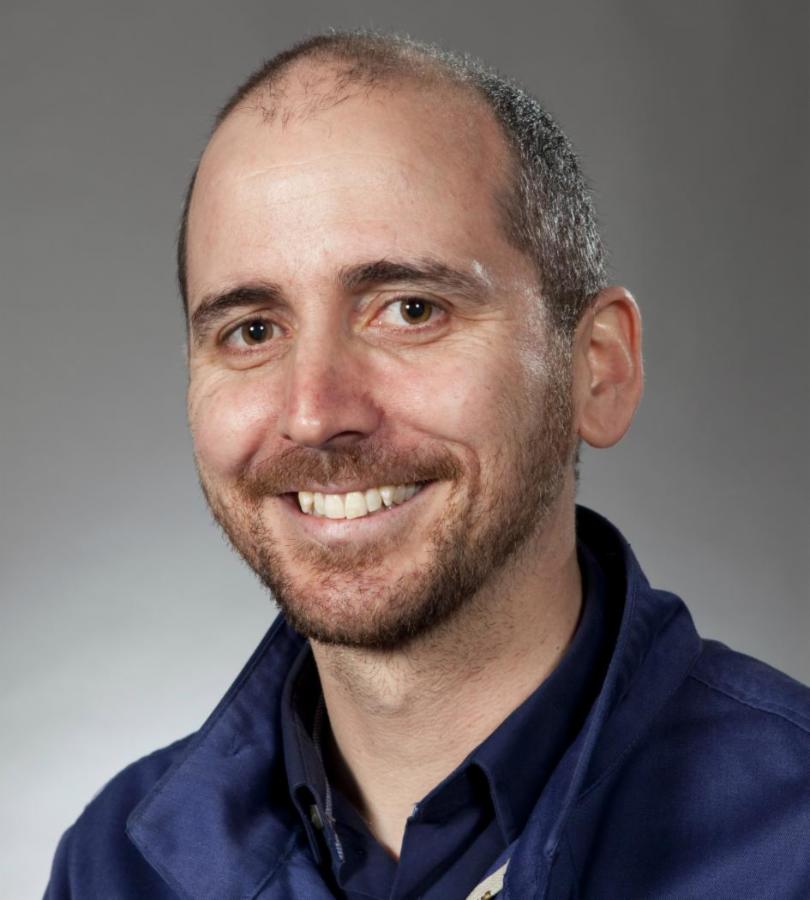Key UC Contact
What We Did
Killer robots are a Hollywood staple, but militaries around the world are making significant progress in bringing lethal autonomous weapons (LAWs) into military strategy and war-fighting. Right now, approximately thirty countries are seeking a global ban on the use of LAWs, while big powers such as the United States, Russia, China, and India are considering different positions regarding the use of LAWs and the issue of whether or not to “keep a human in the loop” with respect to lethal force. Researchers at the University of Canterbury (Department of Political Science and International Relations), with the support of a Marsden grant, are using digital methods, like computer-aided textual analysis methods, to map the global debate on the ethics and use of lethal autonomous weapons. Issues identified thus far range across ethical, legal, strategic, geopolitical, and cultural domains and indicate that the issue of autonomous weapons/robots in warfare will be a major transformational and disruptive shift in military strategy and war-fighting. This project is committed not only to large-scale data analysis but to data humanism: we seek to share these insights with stakeholders and the general public and will use a variety of methods to visualize and discuss these data in ways appropriate for various cohorts.
Who Was Involved
Associate Prof Jeremy Moses, Principal Investigator; Associate Prof Amy Fletcher, Co-Principal Investigator; Dr. Geoff Ford, Postdoc Fellow; Dr. Sian Troath, Postdoc Fellow
Why It Matters
Lethal autonomous weapons are the third technological revolution in warfare (following gunpowder and nuclear weapons). The implications of LAWs will be felt for generations and the regulatory decisions made now, at national and global levels, will shape the prospects for 21st century global security and peace. Given New Zealand’s history of shaping the debate on nuclear weapons and non-proliferation, we want to share this work and our insights with not only policy-makers and academics, but with the interested public and community.


